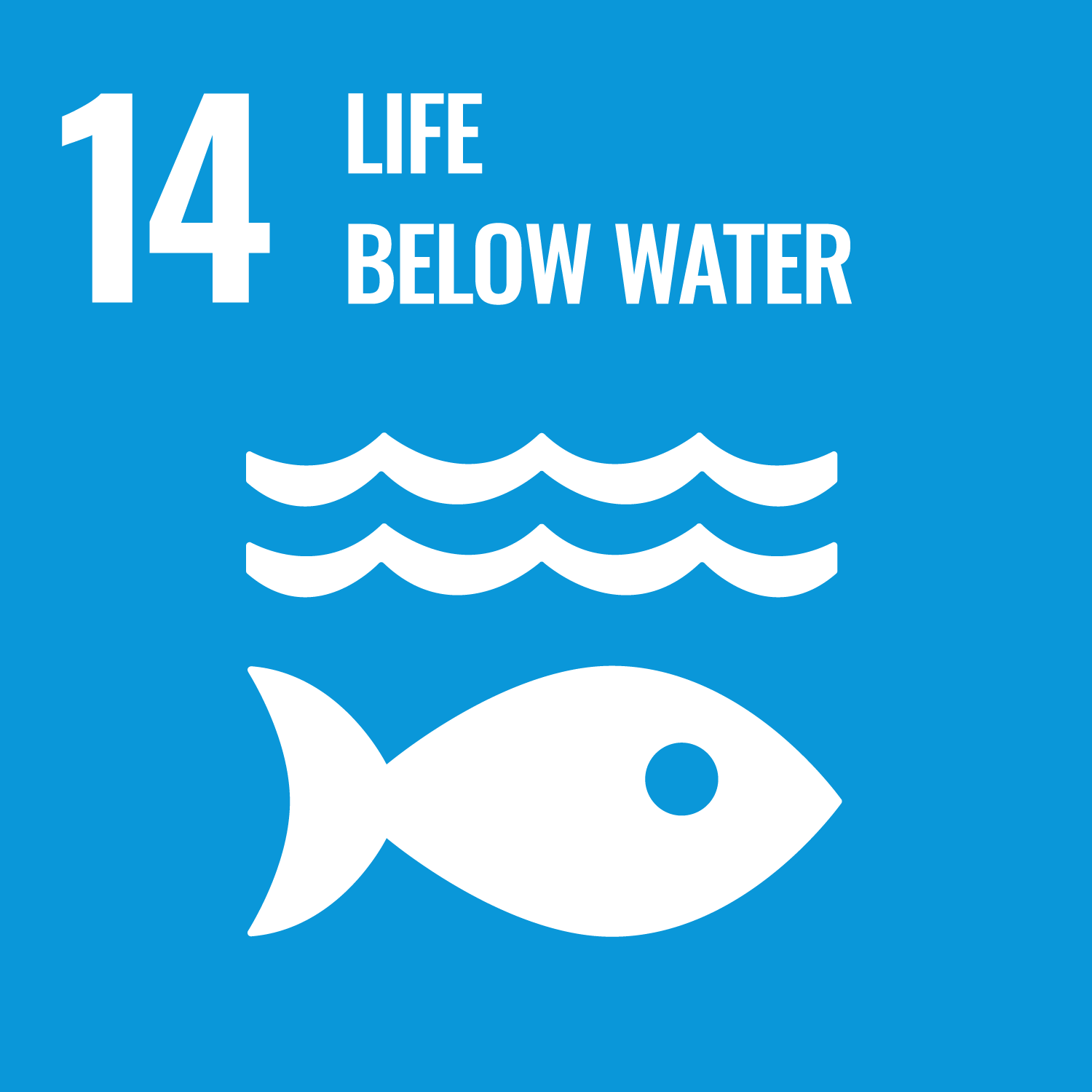Entrepreneurship refers to an entrepreneurial or corporate spirit that involves not only starting a business but also creating
new ventures and solving social issues through innovative value creation. This course will help students understand the importance
of entrepreneurship, learn the fundamentals of business, and develop practical problem-identification skills.
As a final output, students will work in groups to develop business ideas and submit them to the Shibaura Business Model Competition (SBMC). The experience gained in this process will also be beneficial for future career development and job hunting.
As a final output, students will work in groups to develop business ideas and submit them to the Shibaura Business Model Competition (SBMC). The experience gained in this process will also be beneficial for future career development and job hunting.
The aim of this course is for students to:
Gain a fundamental understanding of entrepreneurship.
Develop an entrepreneurial mindset and skills.
Enhance idea generation and problem-identification skills through practical exercises.
Gain a fundamental understanding of entrepreneurship.
Develop an entrepreneurial mindset and skills.
Enhance idea generation and problem-identification skills through practical exercises.
- Understand what entrepreneurship is and explain it in their own words.
- Collaborate with peers to achieve common goals and complete assigned tasks.
- Identify problems and generate solutions through research, analysis, and observation.
- Propose business ideas for the Shibaura Business Model Competition (SBMC).
| Class Participation & Contribution (engagement, reflections) | Assignments & Quizzes | Group Activities (contributions, presentations, SBMC) | Total. | |
|---|---|---|---|---|
| 1. | 10% | 10% | 5% | 25% |
| 2. | 5% | 10% | 10% | 25% |
| 3. | 5% | 10% | 10% | 25% |
| 4. | 10% | 15% | 25% | |
| Total. | 30% | 30% | 40% | - |
| Class schedule | HW assignments (Including preparation and review of the class.) | Amount of Time Required | |
|---|---|---|---|
| 1. | Introduction: What is Entrepreneurship? | Review and prepare for the class by using the pre & post assignments given each time. | 190minutes |
| 2. | What is Innovation? | Review and prepare for the class by using the pre & post assignments given each time. | 190minutes |
| 3. | What Makes a Successful Entrepreneur? | Review and prepare for the class by using the pre & post assignments given each time. | 190minutes |
| 4. | Learning from Innovative Companies | Review and prepare for the class by using the pre & post assignments given each time. | 190minutes |
| 5. | Improving Society through Innovation | Review and prepare for the class by using the pre & post assignments given each time. | 90minutes |
| 6. | Technology & Innovation | Review and prepare for the class by using the pre & post assignments given each time. | 190minutes |
| 7. | Team Building & Special Lecture 1 | Review and prepare for the class by using the pre & post assignments given each time. | 190minutes |
| 8. | Theme Discussion & Research Methods | Review and prepare for the class by using the pre & post assignments given each time. | 190minutes |
| 9. | Special Lecture 2 (Midterm Presentation & Feedback) | Review and prepare for the class by using the pre & post assignments given each time. | 240minutes |
| 10. | Special Lecture 3 (Final Presentation) | Review and prepare for the class by using the pre & post assignments given each time. | 190minutes |
| 11. | Prototyping | Review and prepare for the class by using the pre & post assignments given each time. | 190minutes |
| 12. | Pitch Deck Creation & Presentation Prep | Review and prepare for the class by using the pre & post assignments given each time. | 190minutes |
| Preparation for the final presentation | |||
| 13. | Group Presentations & Evaluations | Review and prepare for the class by using the pre & post assignments given each time. | 190minutes |
| Preparation for the final presentation | |||
| 14. | Reflection & SBMC Submission | Review and prepare for the class by using the pre & post assignments given each time. | 240minutes |
| Total. | - | - | 2660minutes |
The overall evaluation is based on the performance of the following items, based on the percentages noted.
Contribution to the class and content of submitted assignments: 30%.
Assignments & Quizzes: 30%.
Group Activities (contributions, presentations, SBMC submission) : 40%.
The evaluation criteria are as follows.
・ Answer according to the request of the task. The target (lower limit) level has been reached.・ ・ 60%
・ Appropriately and logically answer the request of the task. Meet the target level.・ ・ 70%
・ Excellent answers that exceed the requirements of the task. Exceed the target level. ··80% and more
Contribution to the class and content of submitted assignments: 30%.
Assignments & Quizzes: 30%.
Group Activities (contributions, presentations, SBMC submission) : 40%.
The evaluation criteria are as follows.
・ Answer according to the request of the task. The target (lower limit) level has been reached.・ ・ 60%
・ Appropriately and logically answer the request of the task. Meet the target level.・ ・ 70%
・ Excellent answers that exceed the requirements of the task. Exceed the target level. ··80% and more
| ways of feedback | specific contents about "Other" |
|---|---|
| Feedback in the class |
Reference book:
The Business Model Canvas Guide – Miki Imazu (2020, Shoeisha)
Understanding Business Models – Tatsuhiko Inoue (2021, Nikkei)
The Business Model Canvas Guide – Miki Imazu (2020, Shoeisha)
Understanding Business Models – Tatsuhiko Inoue (2021, Nikkei)
Classes are “face to face” based.
Please bring your own PC or smart phone to class.
This class is an active learning type class and there will be a lot of group work. Please listen to each other actively and do not deny each other's comments so that all members can express their opinions in a comfortable manner. Also, please try to build a team where you can easily ask questions about anything you don't understand.
This class is also about learning the basic concepts of business. It is recommended that you learn and think about what a company is and how business works in the world before taking this class.
There are conditions, rules, and criteria for earning credits for the course, which will be discussed in the first lecture, so please make sure to attend the class.
Please bring your own PC or smart phone to class.
This class is an active learning type class and there will be a lot of group work. Please listen to each other actively and do not deny each other's comments so that all members can express their opinions in a comfortable manner. Also, please try to build a team where you can easily ask questions about anything you don't understand.
This class is also about learning the basic concepts of business. It is recommended that you learn and think about what a company is and how business works in the world before taking this class.
There are conditions, rules, and criteria for earning credits for the course, which will be discussed in the first lecture, so please make sure to attend the class.
- Appointment after class or by email (email address will be provided in the lecture).
- Course that cultivates an ability for utilizing knowledge
- Course that cultivates a basic interpersonal skills
- Course that cultivates a basic self-management skills
- Course that cultivates a basic problem-solving skills
| Work experience | Work experience and relevance to the course content if applicable |
|---|---|
| Applicable | All the instructors of the course have years of working experience at a company. |

















- 1.NO POVERTY
- 2.ZERO HUNGER
- 3.GOOD HEALTH AND WELL-BEING
- 4.QUALITY EDUCATION
- 5.GENDER EQUALITY
- 6.CLEAN WATER AND SANITATION
- 7.AFFORDABLE AND CLEAN ENERGY
- 8.DECENT WORK AND ECONOMIC GROWTH
- 9.INDUSTRY, INNOVATION AND INFRASTRUCTURE
- 10.REDUCED INEQUALITIES
- 11.SUSTAINABLE CITIES AND COMMUNITIES
- 12.RESPONSIBLE CONSUMPTION & PRODUCTION
- 13.CLIMATE ACTION
- 14.LIFE BELOW WATER
- 15.LIFE ON LAND
- 16.PEACE, JUSTICE AND STRONG INSTITUTIONS
- 17.PARTNERSHIPS FOR THE GOALS
Last modified : Tue Mar 25 04:05:17 JST 2025
